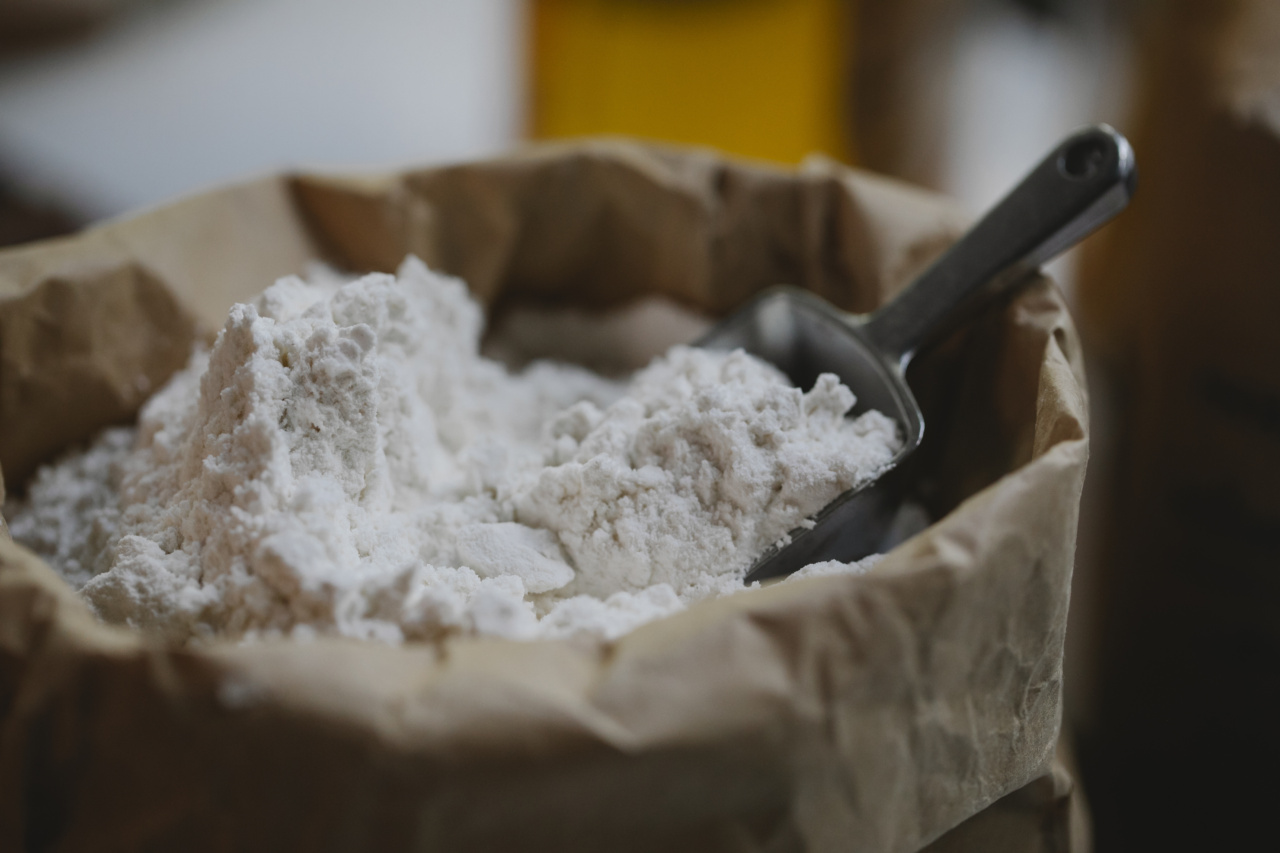During in-vitro fertilization (IVF), couples undergoing fertility treatment may be at a higher risk of exposure to chemicals found in packaging, which can impact these treatments.
These chemicals are found in the lining of food containers, plastic bottles, and cans, and have been linked to infertility, chronic health conditions, and birth defects. However, through proper nutrition, patients can minimize their exposure to packaging chemicals and increase their chances of a successful IVF treatment.
Importance of Nutrition during IVF
Maintaining a well-balanced diet and proper nutrition is crucial for women undergoing infertility treatment, as it helps with fertility, reproductive health, and hormonal balance.
Nutrients, such as antioxidants and folic acid, have been found to improve egg quality, reduce stress, and support a healthy uterine lining. Additionally, certain vitamins and minerals are essential for embryo development, which is a crucial factor in IVF success. Therefore, avoiding harmful packaging chemicals through nutrition should be a priority to maximize treatment outcomes.
Foods to Avoid
One of the easiest ways to limit exposure to packaging chemicals is to avoid certain foods that may contain them. Here are some tips to reduce your exposure:.
- Avoid canned foods: Cans are lined with a resin that contains Bisphenol A (BPA), a chemical that disrupts the endocrine system. BPA can also lead to miscarriage and developmental problems.
- Avoid plastic containers: Plastic containers are a major source of phthalates, which are linked to fertility issues and hormone imbalance. Avoid microwaving food in plastic as heat can cause the plastic to break down and leach chemicals into your food.
- Avoid non-stick cookware: Non-stick coatings like Teflon contain perfluorinated chemicals (PFCs), which have been linked to infertility, birth defects, and cancer.
- Avoid processed and packaged foods: Processed foods contain a variety of additives, preservatives, and colorings that can disrupt hormones. Choose whole foods and prepare your meals at home with fresh ingredients whenever possible.
Foods to Include
Consuming nutrient-rich foods can help your body detoxify and provide optimal nutrition for IVF treatments. Here are some foods to include in your diet:.
- Eat organic: Eating organic can help reduce exposure to harmful pesticides and chemicals. Choose organic fruits and vegetables, and organic meat and dairy products.
- Protein: Eating adequate protein is important for egg quality and embryo development. Choose lean sources of protein like chicken, fish, beans, and lentils.
- Healthy fats: Omega-3s, found in fish, nuts, and seeds, can improve egg quality, increase blood flow, and reduce inflammation. Olive oil, avocado, and nuts are also healthy sources of fat.
- Fruits and vegetables: Eating a variety of colorful fruits and vegetables can provide antioxidants and vitamins essential for fertility and reproductive health.
- Folate: Folate, found in dark leafy greens, asparagus, and legumes, is essential for healthy fetal development.
- Water: Staying hydrated is important for egg quality and an optimal uterine lining. Drinking enough water can also help your body flush out toxins.
Conclusion
While it may be impossible to completely eliminate exposure to packaging chemicals, taking steps to reduce exposure can improve your overall health and increase the chances of a successful IVF treatment.
By choosing whole foods and avoiding processed foods, packaged and canned foods, and non-stick cookware and plastics, you can minimize exposure to harmful chemicals. Opting for whole foods and a balanced diet with antioxidant-rich fruits and vegetables, lean protein, and healthy fats can maximize the chances of successful IVF treatment and a healthy pregnancy.





























